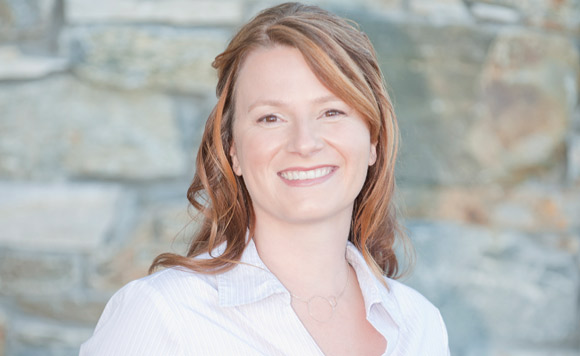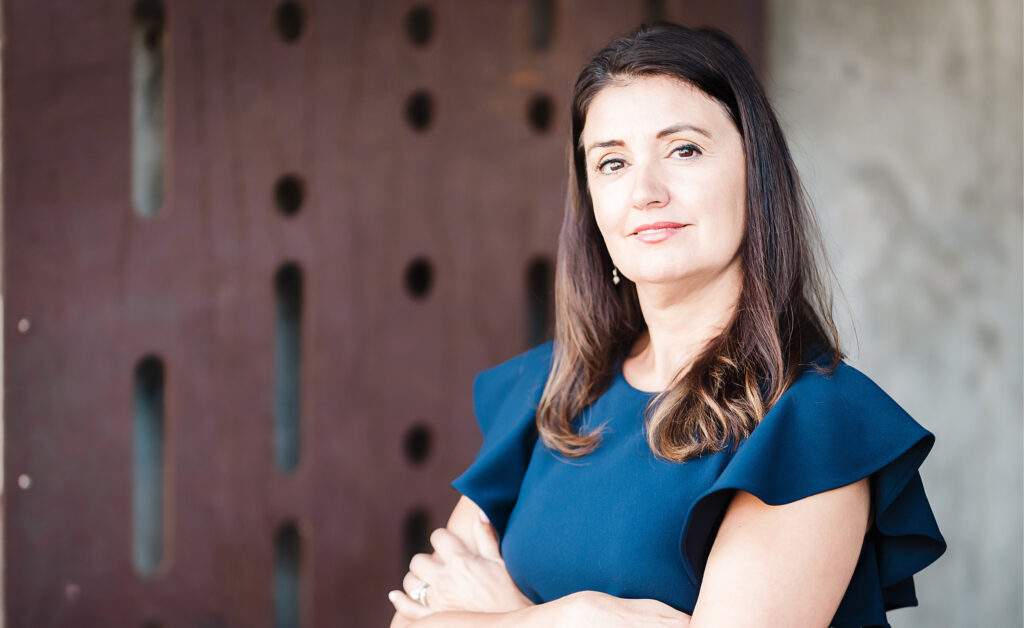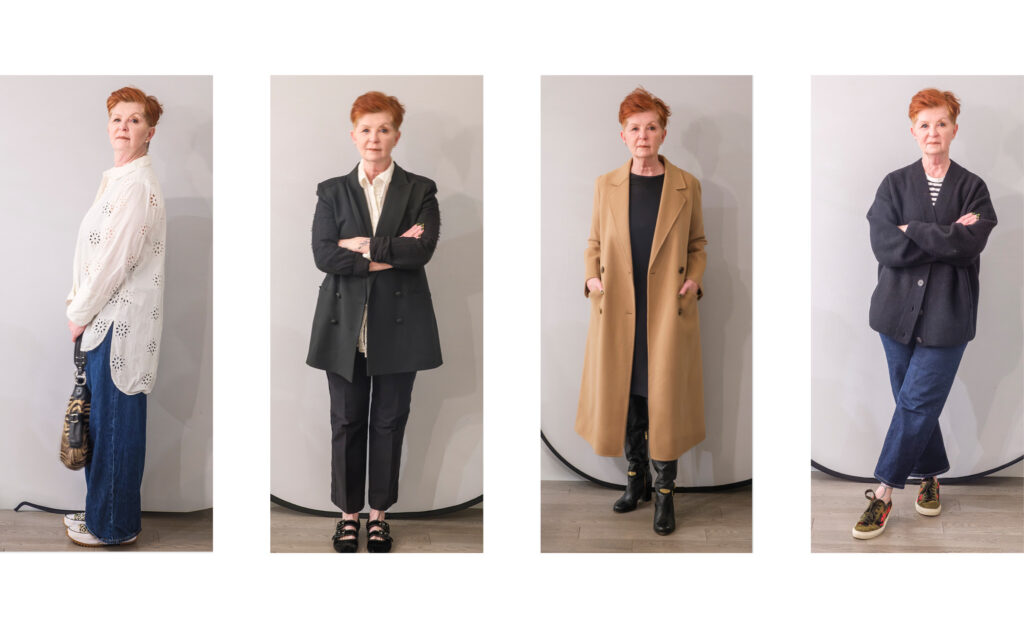As Remembrance Day nears, my thoughts always turn to one veteran in particular: my grandfather, Norman Constantine, who served as a Captain with the Royal Canadian Corps of Signals in the Second World War.
A few years before he passed away, my mom and I sat down with him and my grandma with a list of questions and the goal of capturing some of their memories for posterity. We taped the “interview” on one of those tape recorders with the tiny tapes, but technology evolved and those tapes became obsolete. My stepdad recently converted the tapes to a digital format and, as such, I have been able to “visit” my grandparents once again.
As I sifted through over two hours of audio recently, what I was most interested in at this time of year were my grandpa’s answers to our questions about the war.
Active service is, of course, life-changing. What I found out is that for my great-grandfather (Norman’s father), the First World War was the start of a journey that saw him marry, move to Parksville and have a family. After being wounded, he met his future wife in the hospital in Epsom, England, where she was volunteering and helping wounded soldiers.
As I listened to my grandfather’s words, I was struck by the realization that not only does war change who you are: it has the potential to change who you might have been. My grandpa, like most of his peers, followed in his father’s footsteps, enlisting in 1941 at the age of 22. If things had been different, he might have become a doctor, a long-held dream and the profession of many of his family members, but by the time the war was over he was married, hoping for a family and nearing 30. His chance had passed, and he returned to his pre-war job at Imperial Tobacco.
An unexpected wartime memory emerged as the interview moved on to talking with my grandma. Asked what she remembered from when war broke out and she heard the news, she said: “Bessie and I were running for miles and miles; I don’t know whether we were running to get away from it or to hear more about it or what, but it was very scary.”
Although my grandparents have been gone for many years now, I am very lucky to have these interviews to help me remember them. It’s so important to spend time with seniors, not just for us but for our little ones too. As Rebekah Hunter says in her article on page 17: “Let’s encourage our children to see the elderly as people like them with a story worthy of being told and heard. Let’s be the connection between the generations and learn from each other.” Lest we forget.




